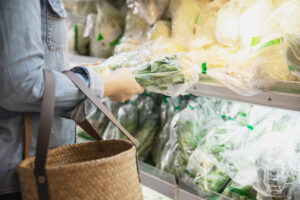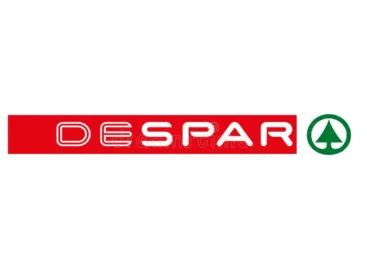Sustainability index at a record low in Germany
The NIQ Sustainability Index 2025 fell to a record low of 91.3 points in January 2025, down from 92.9 points in October. In particular, consumers’ willingness to make sustainable large-scale purchases has subdued. In contrast, things look much better for organic food.

Uncertainty about sustainable large-scale purchases
Openness to sustainable large-scale purchases has fallen sharply, with the sub-index falling from 100.3 to 90.3 points. Only 25% have made sustainable purchases in recent months compared to 28% in October, as only 26% plan to do so this year compared to 30% in October. According to Petra Süptitz, sustainability expert at NIQ, this reflects financial uncertainty and caution over the economic situation.
Some improvement for daily consumer goods
In contrast, the everyday consumer goods market is showing a slight recovery. The index for sustainable FMCG products rose from 88.1 to 91.9 points. Last month, 66% of consumers bought sustainable products – 2 percentage points more than in October. The proportion willing to pay more for these products rose from 62% to 67%. Organic food sales grew by 9.7% in 2024 and sales volume by 10.2%.
Different motivations behind sustainable purchases
According to the NIQ analysis, the motivations for sustainable purchases vary by product category. For food and beverages, the main reason is to support local producers (40%), while for personal care and cleaning products, the main motive is to protect the environment. When it comes to buying electronic appliances, energy saving (32%) and climate protection (26%) are the main factors influencing purchasing decisions.
The NIQ index measures the role of sustainability in the purchasing decisions of German consumers on a representative sample of 1,000 people on a quarterly basis.
Lebensmittelpraxis
Related news
Every second German drinks plant-based
🎧 Hallgasd a cikket: Lejátszás Szünet Folytatás Leállítás Nyelv: Auto…
Read more >Lidl is building a new administrative and logistics centre in Straubing
🎧 Hallgasd a cikket: Lejátszás Szünet Folytatás Leállítás Nyelv: Auto…
Read more >Related news
The economic sentiment index deteriorated in the euro area and the EU in February, but improved in Hungary
🎧 Hallgasd a cikket: Lejátszás Szünet Folytatás Leállítás Nyelv: Auto…
Read more >








